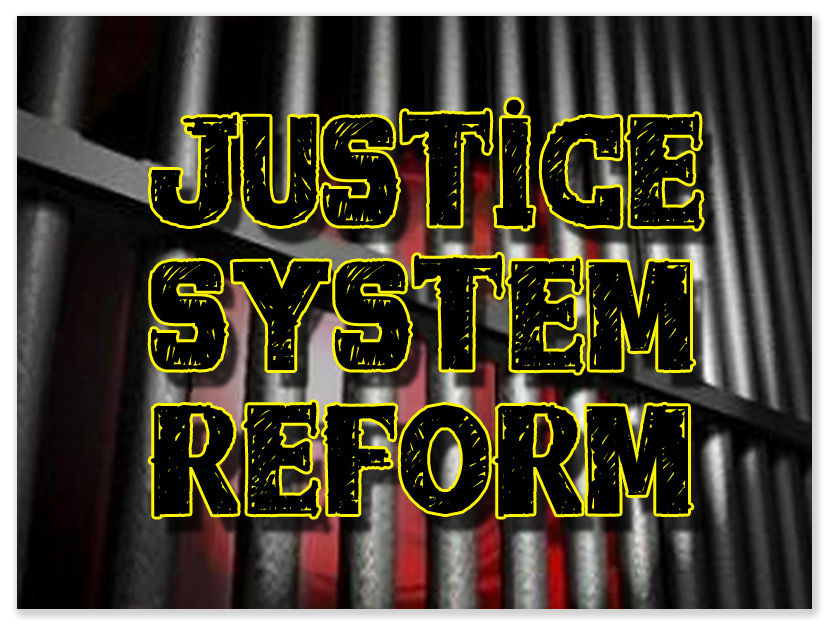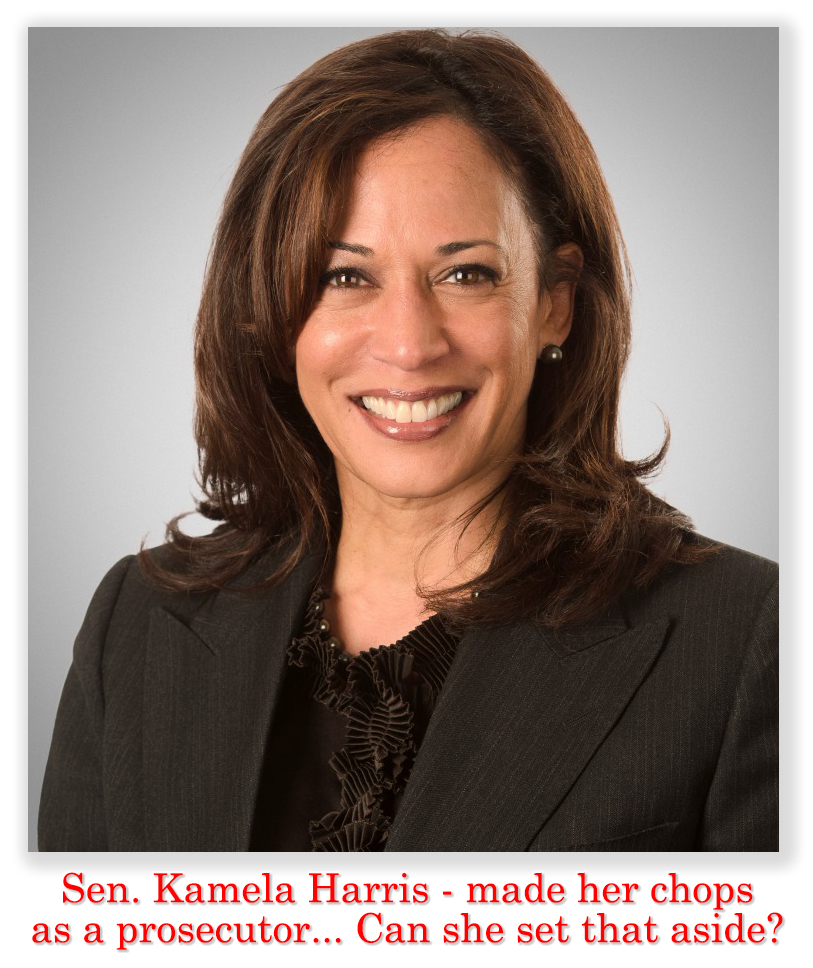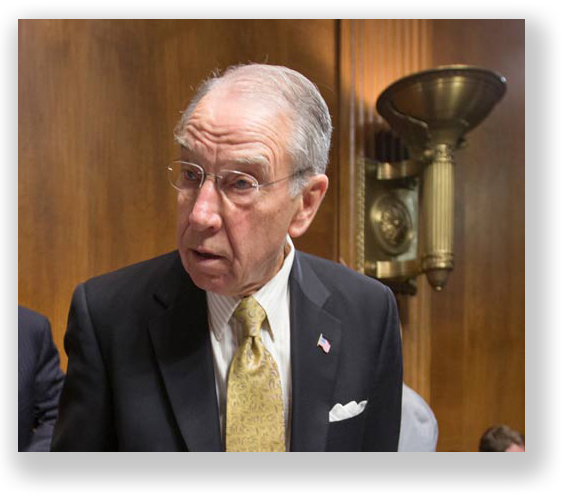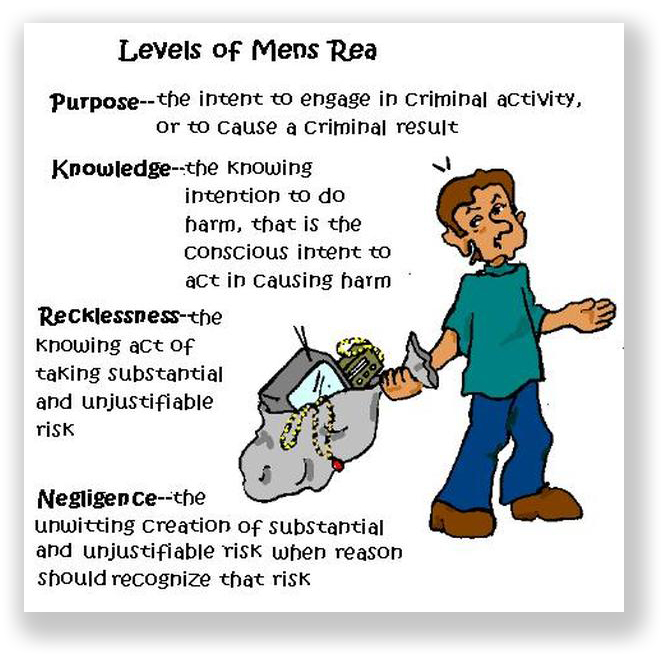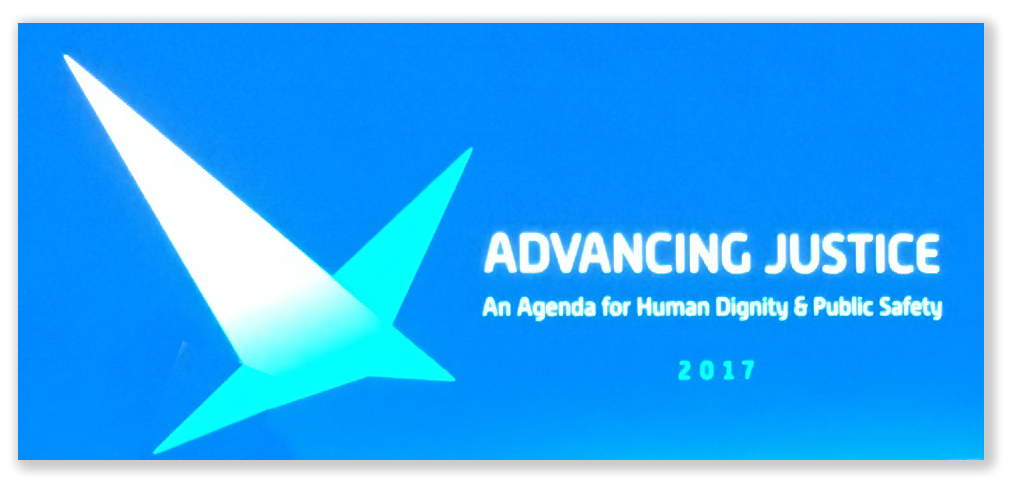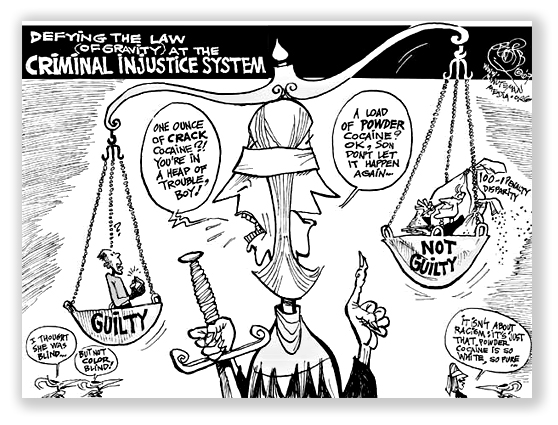We post news and comment on federal criminal justice issues, focused primarily on trial and post-conviction matters, legislative initiatives, and sentencing issues.
HOUSE PRISON REFORM BILL GOES TO HEARING THIS WEEK
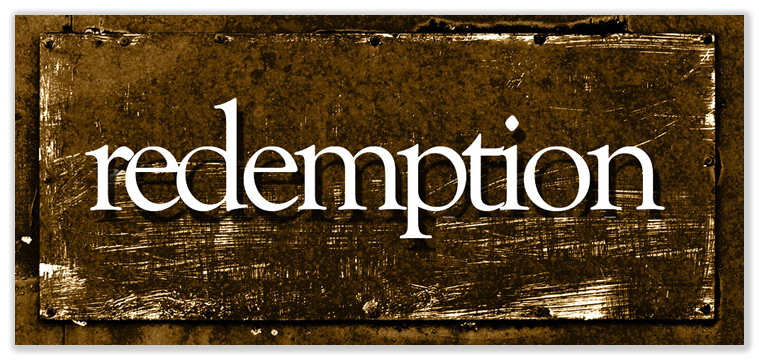 The House Judiciary Committee will mark up H.R. 3566, the Prison Reform and Redemption Act, this week, a Republican proposal that aims to reduce recidivism. Rep. Doug Collins (R-Georgia), sponsor of the PRRA, said the bill, which has 10 Democrat and seven Republican co-sponsors, would allow prisoners to serve the final days of their sentences in a halfway house or home confinement if they complete evidence-based programs that have been shown to reduce recidivism rates.
The House Judiciary Committee will mark up H.R. 3566, the Prison Reform and Redemption Act, this week, a Republican proposal that aims to reduce recidivism. Rep. Doug Collins (R-Georgia), sponsor of the PRRA, said the bill, which has 10 Democrat and seven Republican co-sponsors, would allow prisoners to serve the final days of their sentences in a halfway house or home confinement if they complete evidence-based programs that have been shown to reduce recidivism rates.
Prison programming could include everything from job and vocational skills training to education and drug treatment.
The White House announced in February it was throwing its support behind prison reform measures such as the PRRA instead of measures like the Sentencing Reform and Corrections Act, sponsored by Senate Judiciary Committee Chairman Charles Grassley (R-Iowa). The White House says it sees no path forward for sentencing reform. “And so what we see now is an environment where the prison reform does have enough support to get done,” an official said. “And we think that by maybe doing this in smaller bits and pushing the prison reform now, we think this has a better chance of getting done.”
 Not everyone agrees. The Leadership Conference on Civil and Human Rights an umbrella group of 63 organizations, wrote to the House Judiciary Committee last week to complain about the PRRA and “efforts to pass prison reform (or ‘back-end’ reform) legislation without including sentencing reform (or ‘front-end’ reform).” The Conference said that any “legislation that addresses only back end reforms is doomed to fail in achieving these goals. Without changes to sentencing laws that eliminate mandatory minimums, restore judicial discretion, reduce the national prison population, and mitigate disparate impacts on communities of color, H.R. 3356 alone will have little impact.”
Not everyone agrees. The Leadership Conference on Civil and Human Rights an umbrella group of 63 organizations, wrote to the House Judiciary Committee last week to complain about the PRRA and “efforts to pass prison reform (or ‘back-end’ reform) legislation without including sentencing reform (or ‘front-end’ reform).” The Conference said that any “legislation that addresses only back end reforms is doomed to fail in achieving these goals. Without changes to sentencing laws that eliminate mandatory minimums, restore judicial discretion, reduce the national prison population, and mitigate disparate impacts on communities of color, H.R. 3356 alone will have little impact.”
The PRRA lets inmates earn credits for completing designated BOP programs that will let them go to halfway house or home confinement early, with the more credits earned, the earlier the prisoner can get released to residential reentry. But the Conference letter noted that “currently there are not enough of these programs available in the Federal Bureau of Prisons (BOP) to serve those currently in prisons. Furthermore, BOP more recently has reduced the number of residential reentry centers it contracts with to provide halfway house programming.”
 And the leadership of two organizations on the opposite end of the political spectrum, conservative FreedomWorks and liberal Center for American Progress, wrote in The Hill last week that “[a] recent markup of the Sentencing Reform and Corrections Act yielded the same favorable vote as the last committee vote on this legislation, and even those who voted against the legislation voiced support for some level of sentencing reform. Sen. Lee maintains that SRCA would receive 70 votes on the Senate floor, if Senate Majority Leader Mitch McConnell (R-Kentucky) would simply allow the bill to come to a vote.”
And the leadership of two organizations on the opposite end of the political spectrum, conservative FreedomWorks and liberal Center for American Progress, wrote in The Hill last week that “[a] recent markup of the Sentencing Reform and Corrections Act yielded the same favorable vote as the last committee vote on this legislation, and even those who voted against the legislation voiced support for some level of sentencing reform. Sen. Lee maintains that SRCA would receive 70 votes on the Senate floor, if Senate Majority Leader Mitch McConnell (R-Kentucky) would simply allow the bill to come to a vote.”
Trump son-in-law and advisor Jared Kushner convinced President Trump to support prison reforms like those some states have implemented more than a decade ago, which since saved billions and has resulted both in the closure of prisons and a drastic reduction the crime rate. Jared presented those ideas to Trump at a White House meeting in January. The following month, the White House asked lawmakers to draw up legislation, highlighting many of the same policies.
Kushner has since worked with Sen. John Cornyn, R-Texas, a long-time criminal justice reform advocate, who helped craft the plan the House will begin debating this week.
Meanwhile, speculation that Trump may fire Attorney General Jefferson Beauregard Sessions III – the man who torpedoed the SRCA and has backed off Obama-era easing of DOJ charging policies – has cooled. The Weekly Standard reported his week that such a firing is highly unlikely. Instead, Sessions has a stronger hold on his job than ever.
With Sessions gone, it would be difficult for Grassley to avoid spending the rest of the year on anything but hearings for a new AG. With the risk growing daily that the Democrats may capture the Senate in the midterm elections in November, the chance to confirm more conservative judges would have been frittered away.
 Still, The Standard reports that anti-Sessions sentiment lives on in the Trump family. Jared Kushner is a supporter of criminal justice reform, which Sessions opposes. EPA Administrator Scott Pruitt, who openly lobbied to replace Sessions and angered the President in the process, was Kushner’s hope for attorney general and possible backer of SRCA. Pruitt is hanging on to his EPA job by a thread, and has probably permanently spindled any hope of becoming Attorney General.
Still, The Standard reports that anti-Sessions sentiment lives on in the Trump family. Jared Kushner is a supporter of criminal justice reform, which Sessions opposes. EPA Administrator Scott Pruitt, who openly lobbied to replace Sessions and angered the President in the process, was Kushner’s hope for attorney general and possible backer of SRCA. Pruitt is hanging on to his EPA job by a thread, and has probably permanently spindled any hope of becoming Attorney General.
The Hill, Prison reform bill set for House markup next week (Apr. 11, 2018)
McClatchy Washington Bureau, Washington looks to Texas on federal prison reforms (Apr. 13, 2018)
The Leadership, Letter of Concern regarding H.R. 3356, the Prison Reform and Redemption Act (Apr. 12, 2018)
The Weekly Standard, Jeff Sessions and His Enemies (Apr. 13, 2018)
– Thomas L. Root




